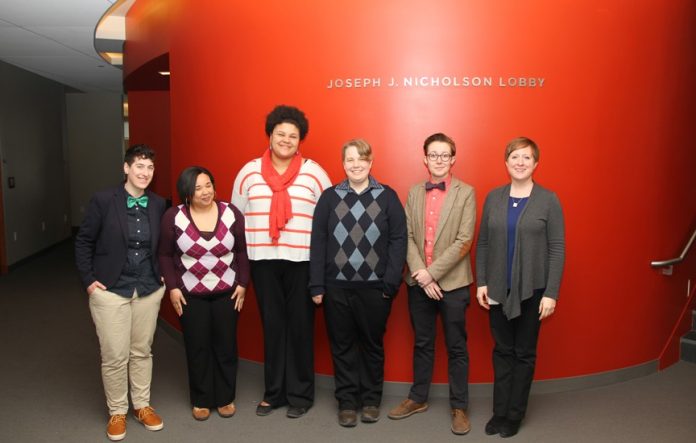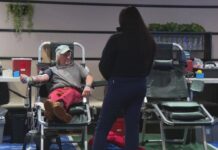
Fenway Health is happy to announce its Violence Recovery Program (VRP) is now fully staffed and ready to receive new clients. The VRP team is available to provide counseling, support groups, advocacy, and referral services to LGBT-identified victims of bias crimes, domestic violence, sexual assault, and police misconduct.
A grant-funded program, the VRP began in 1986 as the Victim Recovery Program, created in response to the rising numbers of gay men who reported being assaulted due to their sexual orientation. Since then, the VRP has expanded its work to include the survivors of partner abuse, sexual violence, and police violence. Today, the VRP team aims to:
- Provide services to LGBT victims who have experienced interpersonal violence as well as information and support to friends, family, and partners of survivors
- Raise awareness of how LGBT hate crime and domestic violence affects our communities through compiling statistics about these crime
- Ensure that LGBT victims of violence are treated with sensitivity and respect by providing trainings and consultations with service providers and community agencies across the state
In addition to individual counseling for LGBT people who have experienced or witnessed trauma, the VRP also offers free support groups, advocacy work for those experiencing violence and/or discrimination, and documentation and reporting of LGBT hate crimes or domestic violence. Training and educational programming is also a large part of the VRP’s mission, with staff running area LGBT survivor sensitivity workshops for police departments, criminal justice officials, service providers, medical caregivers, and community groups. The VRP’s therapists and advocates regularly go above and beyond to support their clients, helping with legal documents such as victim impact statements, and sometimes accompanying clients to court dates related to acts of criminal violence.
Cara Presley-Kimball, Violence Recovery Program Manager, has been at the VRP since 2012 and sees huge potential for the fully staffed department. “We have more capacity to take individual clients now, and we’re planning to get more support groups up and running in the next few months,” she said. “We’ll also be stepping up our outreach efforts, both internally and throughout the community.”
Hales Burton, Counselor and Advocate at the Violence Recovery Program, draws inspiration from the domestic violence survivor networks that have been the starting points for numerous programs like the VRP. “There’s a tight-knit, grassroots community among people who work with domestic violence survivors,” she said. “The movement was started by survivors. Within the VRP, there’s this unique balance between being a part of the movement and also holding it in a clinical sphere.”
Providing support for historically underserved communities is critically important. In this spirit, the VRP is a part of TOD@S, an inter-agency collaboration designed to improve and increase access to intervention and prevention services for LGBT Black and Latino/a people affected by partner abuse. TOD@S’ community needs assessment has helped many organizations create action plans about how to meet the needs of people living with multiple, often marginalized, identities who are experiencing partner abuse.
M.E. Quinn, Bilingual Counselor and Advocate for the Violence Recovery Program, is an 11-year veteran of domestic violence services and works directly with TOD@S to assist people of color and Spanish-speaking survivors of violence. “What’s really exciting about working here is being able to provide the level of clinical services that are free for survivors of violence,” Quinn said. “You get to see people get better and build the skills they need to reclaim their lives.”
“Our clients are so resilient, and they inspire me with their capacity to survive,” said Presley-Kimball. “It’s an honor to not only bear witness to that healing process, but to help it along.”
For more information on the Violence Recovery Program at Fenway Health or to schedule an intake, please call 617.927.6250.
Want to receive email updates about what’s happening at Fenway Health? Sign up here.








